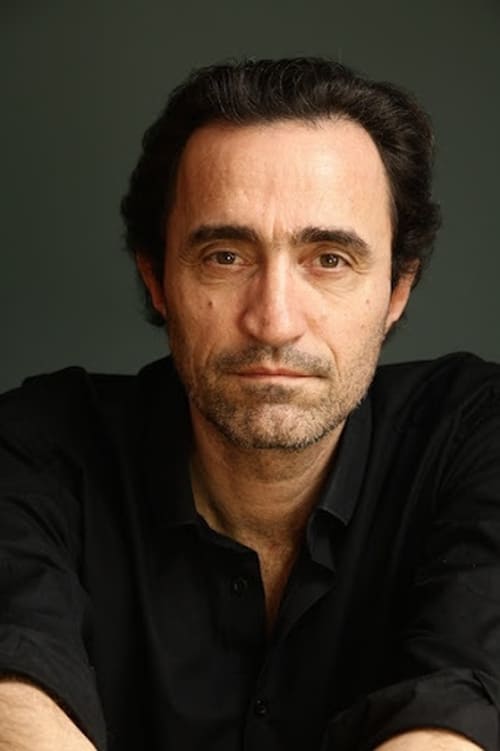Cosmis Flows: The Cartographers of the Universe (2019)
Género : Documental, Película de TV
Tiempo de ejecución : 0M
Director : François-Xavier Vives
Sinopsis
Man has always sought to seek further afield. After the seafaring explorers of the 16th century, 21st century cosmologists today navigate more celestial oceans, with each mission providing an ever-broader and more impressive cartography of our surroundings. At the avant garde of modern technology, these strange travellers are actually immobile, and their vessels are powerful and spectacular telescopes, on the Earth or in space, constantly widening the limits of our knowledge and giving form to our dreams of infinity. From Hawaii to Australia, via South Africa and China, we set out on an incredible scientific and human adventure to visit the planet's greatest cosmic exploration centres to discover the new challenges involved in understanding the universe. A journey on Earth and in the heavens that will take your breath away!
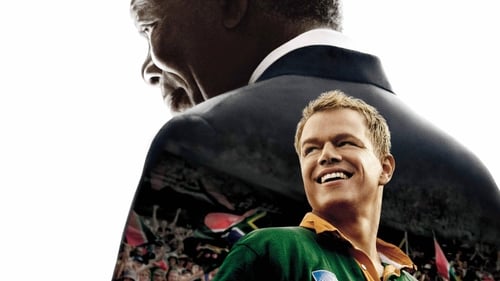
Película basada en el libro de John Carlin "El factor humano" (Playing the enemy: Nelson Mandela and the Game That Changed the World) y ambientada después de que Nelson Mandela saliera de la cárcel y se convirtiera en presidente de Sudáfrica. Poco después, en 1995, el país celebró el campeonato del mundo de rugby, tras años de ser excluidos de las competiciones debido al apartheid. Evento que Mandela (Morgan Freeman) impulsó y utilizó, con la ayuda de la estrella de rugby Francois Pienaar, como vía para acabar con el odio y la desconfianza existente durante décadas entre la población blanca y negra del país.
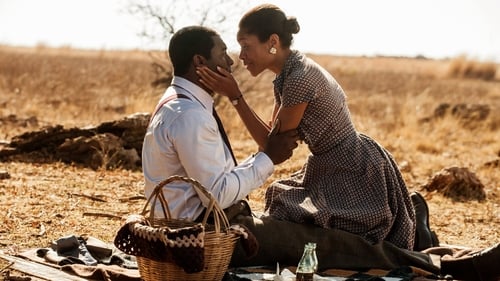
Biopic sobre Nelson Mandela, basado en su autobiografía titulada 'Long Walk to Freedom'. Escrita por el reputado guionista William Nicholson ("Gladiator"; "Les Miserables").
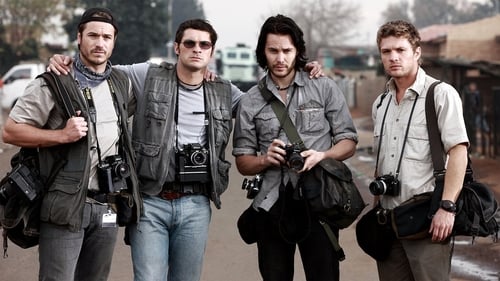
Kevin Carter, Ken Oosterbroek, Greg Marinovich y Joao Silva formaron en la década de los 90 el Bang-Bang Club. Con este nombre se conoció al grupo de fotógrafos que cubrió los violentos incidentes que acompañaron al movimiento de liberación de la raza negra en Sudáfrica: la lucha contra el Apartheid.

En 1987, 164 personas fueron ejecutadas en el corredor de la muerte de Pretoria, Sudáfrica. Jon Weber es el abogado encargado de defender ante un juez a Leon, un joven guardia de la prisión de máxima seguridad de Pretoria traumatizado por todas las ejecuciones que ha presenciado. Basada en hechos reales, esta es la historia que puso la pena de muerte en duda y cambió la historia.

Antes de que Patrick Chamusso se convirtiera en uno de los militantes más respetados del Congreso Nacional Africano, era capataz en una refinería de carbón y vivía de espaldas al mundo de la política. Pero, de repente, se le acusa de hacer volar las instalaciones de la refinería, es arrestado y sometido durante días a un interrogatorio implacable. Su mujer también sufre un trato brutal con el fin de arrancarle una confesión. Cuando el jefe de la policía Nic Vos ordena la puesta en libertad de la pareja, Patrick se ha convertido ya en un radical.
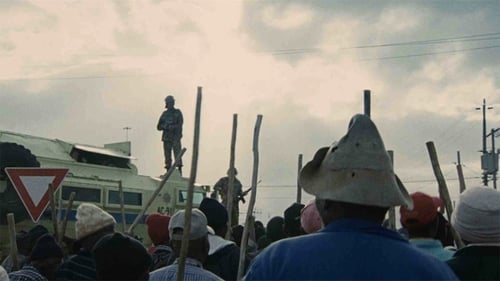
The time is the late '80s, a crucial period in the history of South Africa. President P.W. Botha is hanging on to power by a thread as the African National Congress (ANC) takes up arms against apartheid and the country tumbles toward insurrection. A British mining concern is convinced that their interests would be better served in a stable South Africa and they quietly dispatch Michael Young, their head of public affairs, to open an unofficial dialogue between the bitter rivals. Assembling a reluctant yet brilliant team to pave the way to reconciliation by confronting obstacles that initially seem insurmountable, Young places his trust in ANC leader Thabo Mbeki and Afrikaner philosophy professor Willie Esterhuyse. It is their empathy that will ultimately serve as the catalyst for change by proving more powerful than the terrorist bombs that threaten to disrupt the peaceful dialogue.
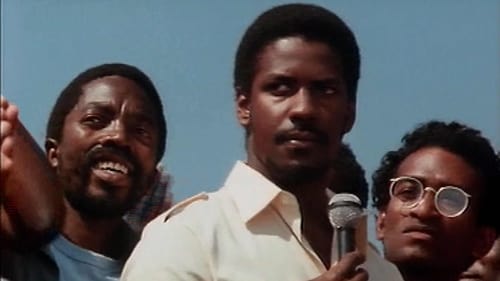
Narra la amistad entre Donald Woods, un periodista blanco sudafricano, y el carismático líder del movimiento negro Steve Biko. Premiada en Berlín, obtuvo además tres candidaturas a los premios Oscar.
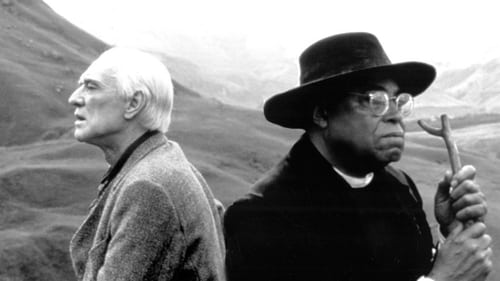
Sudáfrica, 1946. faltan dos años para que se instaure el apartheid, el racismo institucionalizado. Los destinos del sacerdote negro Stephen Kumalo y el terrateniente blanco James Jarvis se cruzan trágicamente cuando ambos deberán hacer frente a una tragedia. Drama sentimental basado en la novela de Alan Paton que cosechó buenas críticas.
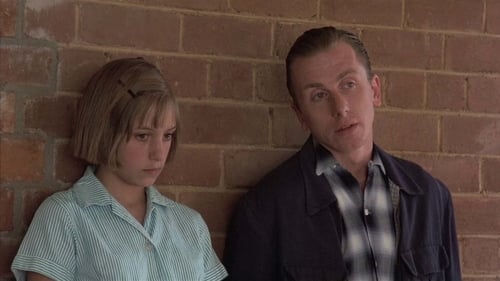
A principios de los sesenta, un matrimonio blanco es acosado y perseguido en Sudáfrica por hacer pública su postura anti segregacionista. El apartheid en el país, es un movimiento con mucha fuerza, y el gobierno considera una amenaza que una periodista blanca comience a protestar contra la segregación racial...
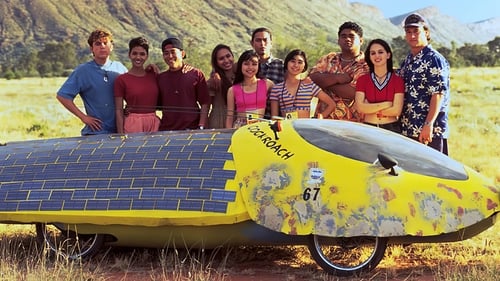
Un grupo de alumnos de una escuela de Hawaii construyen una serie de coches solares, embarcándose en una aventura que les llevará a competir en el campeonato mundial de coches solares que tendrá lugar en Australia.
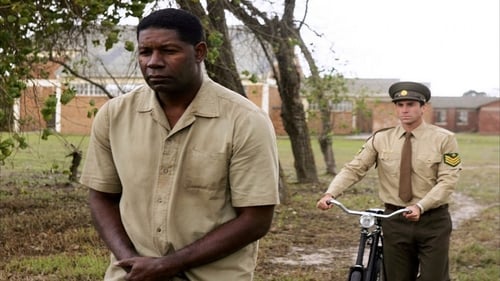
James Gregory es el guardián de prisión a cargo de Nelson Mandela, desde su encarcelación en los años 60 hasta su liberación en 1990. Durante 25 años, Gregory, sudafricano blanco, se ocupa de Mandela día tras día, convirtiéndose también en su confidente.

Basado en el libro de André Carl van der Merwe, Moffie (un término despectivo en afrikáans para un hombre gay) sigue la historia de Nicholas van der Swart: desde muy joven se da cuenta de que es diferente. Por más que lo intente, no puede estar a la altura de la imagen de macho que espera de él su familia, su herencia. A la edad de 19 años, es reclutado en el ejército sudafricano y encuentra cada sensibilidad ofendida por un sistema cercano a su desaparición, pero que todavía está en plena vigencia. Ambientada durante la guerra fronteriza de Sudáfrica contra el comunismo, esta es una historia muy esperada sobre el sufrimiento emocional y físico que padecen innumerables jóvenes.

En 1961 el secretario general de Naciones Unidas, Dag Hammarskjöld, murió en un misterioso accidente de avión en Zambia. El director Mads Brügger intenta encontrar nuevas pistas sobre lo que pasó aquel fatídico día en el que murieron 16 personas.
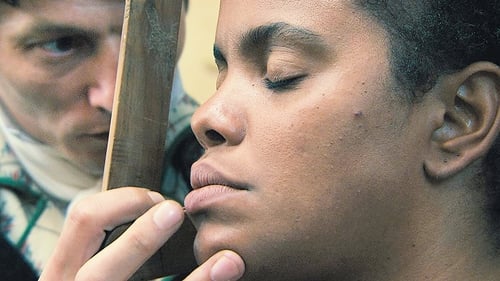
Basada en la vida real de Saartjie Baartman, una mujer sudafricana que fue exhibida como un animal a principios del siglo XIX en la Academia Real de Medicina de París (1817). "No he visto nunca una cabeza humana tan parecida a la de un simio", dice el anatomista Georges Cuvier frente al cuerpo sin vida de Saartjie Baartman. Un grupo de colegas aplaude su ocurrencia. Siete años antes, Saartjie había llegado de Sudáfrica con su padrino Caezar para vender su cuerpo al morboso público londinense que compraba entradas para los zoos humanos. Fue así como Saartjie, la Venus Negra, había conseguido ser una mujer libre y esclava al mismo tiempo.
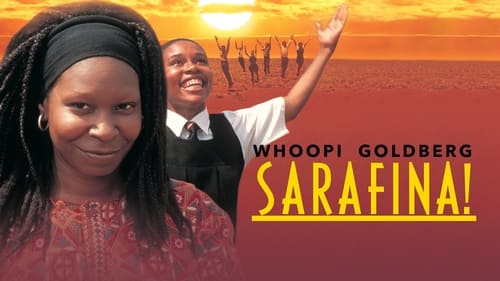
The plot centers on students involved in the Soweto Riots, in opposition to the implementation of Afrikaans as the language of instruction in schools. The stage version presents a school uprising similar to the Soweto uprising on June 16, 1976. A narrator introduces several characters among them the school girl activist Sarafina. Things get out of control when a policeman shoots several pupils in a classroom. Nevertheless, the musical ends with a cheerful farewell show of pupils leaving school, which takes most of act two. In the movie version Sarafina feels shame at her mother's (played by Miriam Makeba in the film) acceptance of her role as domestic servant in a white household in apartheid South Africa, and inspires her peers to rise up in protest, especially after her inspirational teacher, Mary Masombuka (played by Whoopi Goldberg in the film version) is imprisoned.
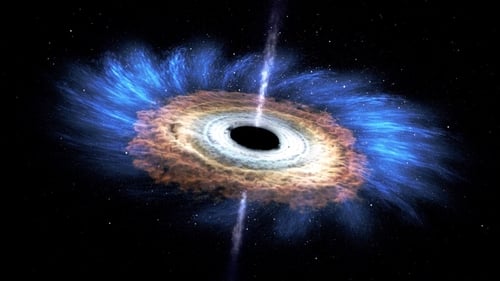
A team of international scientists attempt to document the first-ever image of a black hole.
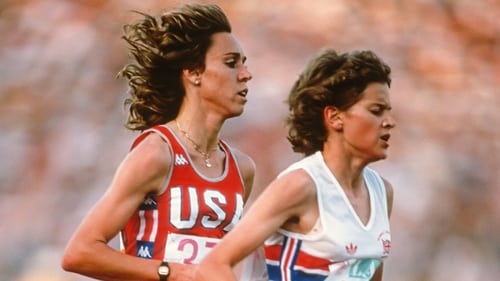
The Fall tells the remarkable story of a South African barefoot runner, an American track-and-field prodigy, and the events behind one of the most memorable moments in sporting history – the 1984 LA Olympics. The film charts two journeys, from rural South Africa under apartheid and the rolling hills of Southern California, to the starting line of the women’s 3,000 metres. It uncovers a tale of betrayal and exploitation, of the blurred lines between politics, media and sport, and of the dedication and sacrifice required to compete at the highest level. It’s a story that split governments and divided nations, but at its heart is a tale of two young women who, despite the turmoil in their lives, just wanted to run.

Little Bird's first South African production, SOPHIATOWN has won the award for Best Documentary at the Cape Town World Cinema Festival 2003. SOPHIATOWN celebrates the great popular jazz music of the 1950's in South Africa; a rich tradition deserving international attention. Director Pascale Lamche, traces the music, uncovers the artists who created it and the unique culture in which it thrived, concentrated in Sophiatown, Johannesburg's own Harlem, which fuelled by liberation politics until its destruction by the Apartheid regime. The film features Nelson Mandela and such household names from the jazz world as Hugh Masekela, Miriam Makeba, Abdullah Ibrahim, Jonas Gwangwa and Caiphus Semenya.

From award-winning director Nick Broomfield, The Leader, His Driver, and the Driver's Wife documents Broomfield's efforts to interview Eugene Terre'Blanche, leader of the sinister neo-nazi AWB Afrikaner Party in South Africa. Cameras capture awkward interactions with skittish AWB supporters, combat training of militant youth, and the coveted interview itself. Broomfield's access to these events is made possible by the leader's driver, whose wavering allegiance to the movement is explored as well.

Anna, an Italian woman, approaches Shankar, an explorer, to accompany her in search of the golden city of El Dorado. He accepts the offer and sets out on an adventure through the Amazon.

